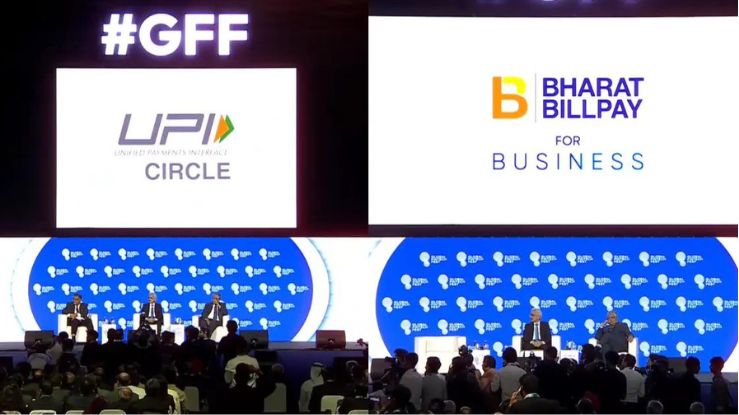If you do not have a bank account, but use Unified Interface Payment System i.e. UPI, then be tension free. Even if you do not have a bank account, you can make payment through UPI. Actually, the Reserve Bank of India (RBI) has now provided many facilities in the UPI Circle feature for UPI users. It has been launched by the National Payment Corporation of India i.e. NPCI. This feature has been announced by the Reserve Bank of India (RBI) in recent times.

The arrival of this new feature will provide great relief to those who believe in sharing is caring. Even today there are many people in the house, in which the head of the family has a bank account. But the elderly, children and women living in the house do not have a bank account. In such a situation, all these people depend on others for payment. That is why the UPI Circle feature has been launched to help such people.
Know what is UPI Circle feature?
Actually, UPI Circle feature has been introduced keeping in mind those people who make cash payments for their daily needs. UPI Circle will prove to be useful for such people. Any UPI user will be able to choose a secondary user for their digital payments. Whom they trust. With this feature, the primary user will be able to make payments to the secondary user. UPI Circle is a delegated payment feature, which provides the facility of payment link to the primary feature as well as to other users. With its help, partial or full payment can be made. Meaning parents can share their UPI account with children.
How will the UPI Circle feature work?
There are two types of users in it, primary and secondary. Primary users have their own account. In which they can add secondary users. Also, some limits can be imposed. In this, secondary users can be given full payment access. At the same time, secondary users can also be given the facility of some limited payment options. Meaning, limits can be imposed on secondary users for making payments.
Also Read: Cash Deposit Via UPI & PPI Wallet Interoperability- 2 New UPI Features Launched by RBI
Apart from this, there are two types of delegation in this feature. Full and partial delegation. Full Delegation means that the secondary user will not need the permission of the primary account holder for every payment up to a limit. Whereas, in Partial Delegation, the secondary user will be able to send payment requests. This payment will not be completed until the primary account holder approves the payment. Whereas UPI PIN is required for the transaction.


